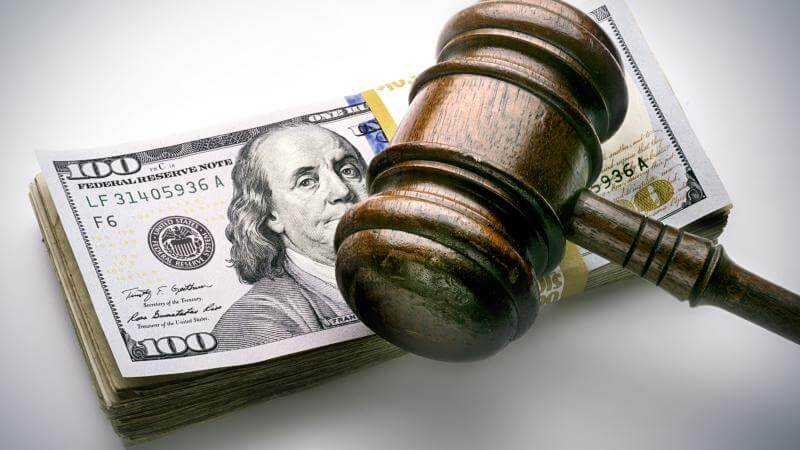The Supreme Court on Thursday ruled unanimously that states may not keep the excess proceeds from selling a property seized to satisfy delinquent taxes.
The justices ruled 9-0 in favor of Minnesota woman Geraldine Tyler, 94, who had owed roughly $15,000 in property taxes, Reuters reported. In 2016, Hennepin County foreclosed on her home and sold it for $40,000 but kept the excess. Minnesota state law requires that any remaining proceeds from such a sale go to local administrations. Lawyers for Tyler indicated that 13 other states have comparable statutes.
Tyler moved out of her condominium and into an apartment building for the elderly in 2010, at which point she ceased paying taxes on the condo. The county insisted that she had refused alternative options to secure the funds necessary to pay the taxes, such as selling the property or refinancing.
The justices, nonetheless, determined that the excess $25,000 did not rightfully belong to the county.
"The taxpayer must render unto Caesar what is Caesar's, but no more," wrote Chief Justice John Roberts. The court determined that such a practice violated the 5th Amendment, which requires "just compensation" should "private property be taken for public use."
"A taxpayer who loses her $40,000 house to the state to fulfill a $15,000 tax debt has made a far greater contribution to the public than she owed," Roberts added.
Hennepin County Assistant County Administrator Dan Rogan indicated that the county "will work closely with the Minnesota Legislature to create a process that is consistent with the Supreme Court's decision."
Tyler had also argued that the fines the county imposed were excessive and in violation of the Eighth Amendment, but the court did not address that claim. She owed $2,300 in back taxes, but fines and penalties had swollen the amount to $15,000, USA Today reported.
Related Story: Sen. Markey Introduces Bill to Pack Supreme Court, Claims Two Justices ‘Have No Right to Be There’










